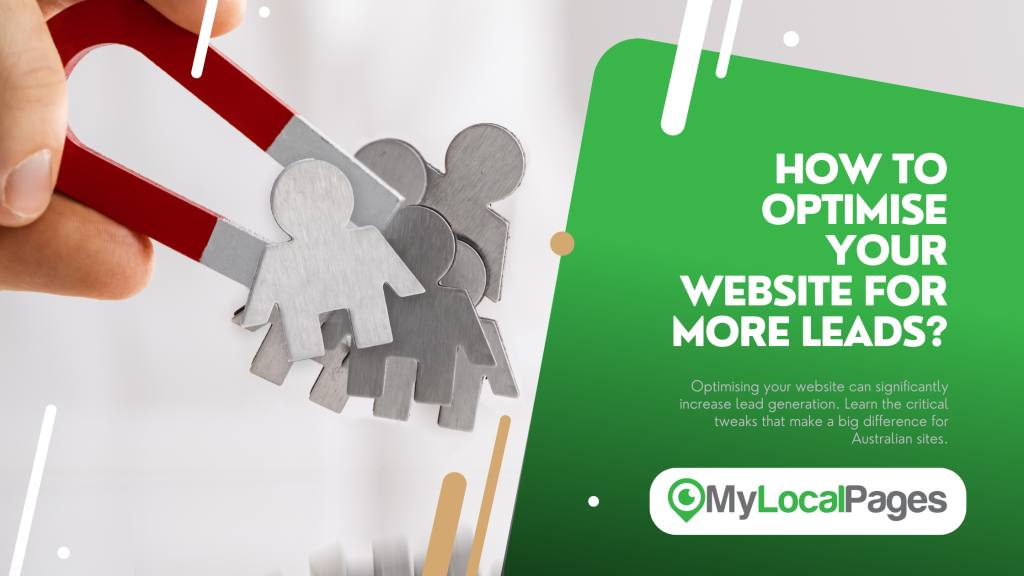Sustainable Business Practices: How Australian Companies are Leading the Way

Australians are increasingly conscious of the impact their choices have on the environment and society. This shift in consumer expectations is pushing businesses to prioritize sustainability, not just as a good deed, but as a key driver of success. Fortunately, a wave of innovative Australian companies are paving the way, demonstrating how to thrive while treading lightly on our planet.
Beyond Greenwashing: Defining Sustainable Business Practices
Before diving into real-world examples, let’s clarify what “sustainable business practices” truly mean. It goes beyond simply recycling or using energy-efficient light bulbs. It’s about integrating environmental, social, and economic considerations into every aspect of your business operations. This includes:
- Minimizing environmental impact: Reducing waste, conserving resources, and transitioning to renewable energy sources.
- Promoting social responsibility: Ensuring fair labor practices, ethical sourcing, and contributing to community well-being.
- Creating economic value: Building a profitable business that contributes to a sustainable future for all.
Case Studies: Aussie Innovators Championing Sustainability
1. Patagonia: Patagonia Provisions: This iconic outdoor apparel brand embodies sustainability throughout its operations. They prioritize recycled materials, use bluesign® approved fabrics for reduced environmental impact, and advocate fiercely for environmental protection.
2. Who Gives a Crap?: More than just selling toilet paper, this social enterprise donates 50% of profits to sanitation projects in developing countries. They prioritize sustainable sourcing and packaging, setting a powerful example of purpose-driven business with a focus on global impact.
3. Biofil: Turning food waste into high-value products: This innovative company uses microbes to convert food scraps into bioplastics and biochemicals, diverting waste from landfills and creating valuable new resources. Their technology highlights the potential of circular economy models in addressing sustainability challenges.
4. T2: Brewing sustainability into tea: This tea company implements various initiatives, from carbon-neutral teabags and compostable packaging to supporting sustainable tea farming practices. They demonstrate how sustainability can be seamlessly integrated into existing business models.
5. Power Ledger: Democratizing renewable energy: This blockchain-based platform empowers individuals and communities to trade and manage their own renewable energy, fostering a more sustainable and equitable energy future. Their work showcases how innovation can drive positive change within complex systems.
The Benefits of Going Green: It’s Not Just About the Planet
While environmental responsibility is a core driver, embracing sustainable practices offers numerous benefits for Australian businesses:
- Cost savings: Reducing resource consumption and waste generation translates to lower operational costs.
- Enhanced brand reputation: Consumers increasingly value sustainability, and businesses that prioritize it gain a competitive edge.
- Increased innovation: Seeking sustainable solutions often leads to unexpected discoveries and new business opportunities.
- Attract and retain talent: Employees are drawn to companies with strong values and a commitment to sustainability.
Resources and Support for Australian Businesses
Transitioning to sustainable practices may seem daunting, but numerous resources and support systems are available for Australian businesses:
- The Sustainability Victoria Business Resource Hub
- The Australian Council for Social Responsibility (ACSR)
- The B Lab Australia
- The Australian Government Department of the Environment and Energy
Leading the Way: A Collective Effort Towards a Sustainable Future
These Australian companies are just a few shining examples of businesses paving the way for a more sustainable future. By integrating sustainability into their core values and operations, they are demonstrating that success and responsibility can go hand-in-hand. As more companies join this movement, we can collectively create a brighter, more sustainable future for Australia and beyond.
Remember, every step towards sustainability counts. What actions will your business take to join the movement?












